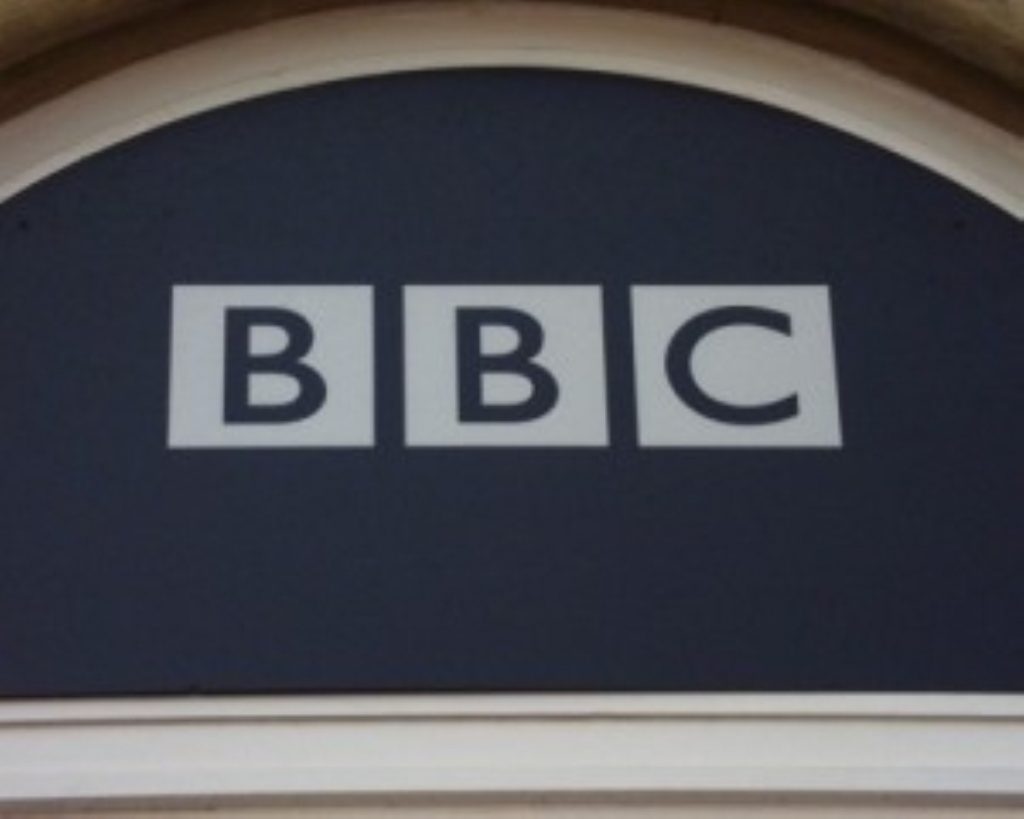BBC strike cancels top political programmes
Flagship BBC political programmes, including Today and Newsnight, have been cancelled or seriously curtailed in the first of three one-day strikes by BBC staff.
More than 10,000 BBC workers are on strike for 24 hours in a dispute over job cuts and outsourcing.
Output across the BBC, including TV, radio and online news services will be affected by the strike, which will end at midnight.
Staff are aggrieved at plans – announced in March – to shed 3,780 jobs and privatise parts of the corporation. BBC bosses are aiming to save £355 million over the coming years.


Amicus, the National Union of Journalists and Bectu are leading the strike action and have said as many as 11,000 out of the BBC’s 27,000 staff could down tools.
Jeremy Dear, general secretary of the NUJ, said the industrial action articulated a “massive display of anger” across the BBC.
Mike Smallwood, national officer of Amicus, said: “The savage cuts proposed will damage programming as well as the organisation and will unravel British broadcasting traditions.”
BBC management issued a statement saying they regretted the action but: “Industrial action will not remove the need for further consultation or the need for the BBC to implement changes which will enable us to put more money into improved programmes and services.”
Picket lines will be manned from midnight at Bush House in central London and BBC TV Centre in Shepherds Bush, unions said.
A 48-hour strike is due to take place after the Bank Holiday weekend, on May 31 and June 1.
Shadow Secretary of State for Culture, Media and Sport Theresa May said that strike action could “eat away” at public trust.
Ms May said: “It is important that all BBC staff understand the consequences of the actions they are taking today. The BBC quite rightly holds a high reputation in the public’s eyes, not least for its news coverage. But ongoing action like today’s will continue to eat away at that high standing, and gradually undermine the argument for continued public funding.”
She added: “As a public services broadcaster, the BBC and its staff have a duty to the people who fund it. The public are right to expect the services which they are forced to fund. Those who turn to alternative broadcasters for their news and current affairs today will quiet rightly ask themselves what they are paying a licence fee for.
The Liberal Democrats media spokesman Don Foster said that negotiations must return to the table – with management clarifying why cuts are needed.
Mr Foster said: “It’s crucial that both sides accept this battle is best fought around a table, not over the airwaves.
“Management must clarify why staff cuts are necessary and whether they are willing to negotiate, whilst the unions must be willing to cancel the next round of strikes.”
He added: “Mark Thompson’s brutally honest manifesto for a 21st century BBC should help deliver a fitter, leaner BBC, but it mustn’t come at the expense of a fair deal for the thousands of staff who help the BBC excel.”












